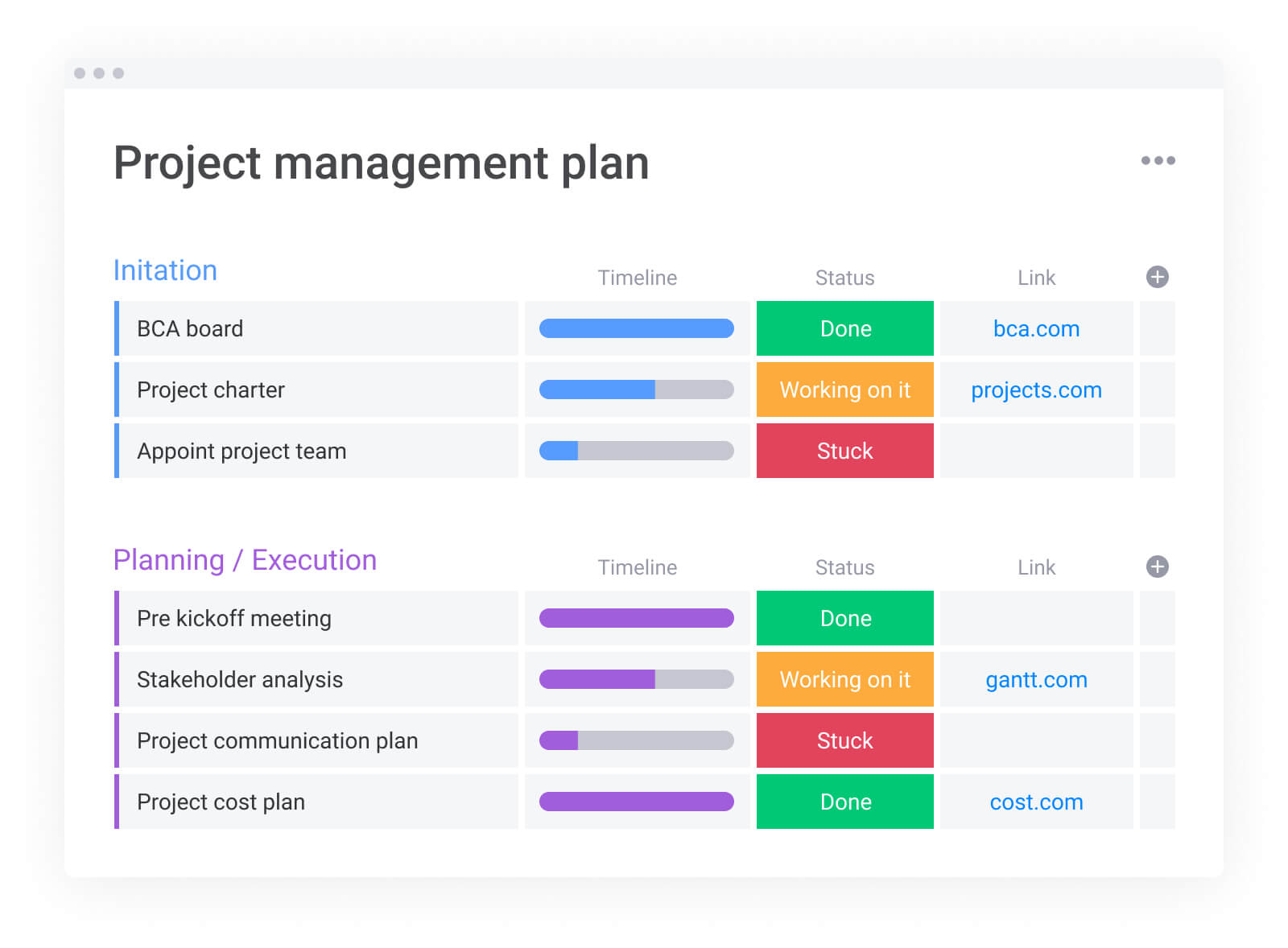Elevate Your Sales Game Time Management Strategies

Boost Sales Performance: Time Management Tips for Professionals
Mastering Time Management as a Sales Professional
In the fast-paced world of sales, time is indeed money. Sales professionals are constantly under pressure to meet targets, engage with clients, and close deals efficiently. Time management skills are not just desirable; they’re essential for success in this competitive field. By mastering time management techniques, sales professionals can optimize their productivity, prioritize tasks effectively, and ultimately boost their sales performance.
Setting Clear Priorities
One of the fundamental aspects of effective time management for sales professionals is setting clear priorities. With a myriad of tasks vying for attention, it’s crucial for salespeople to identify high-value activities that directly contribute to their sales goals. By focusing their efforts on prospecting, lead generation, and customer engagement, sales professionals can ensure that they are investing their time and energy where it matters most.
Utilizing Time Blocking Techniques
Time blocking is a powerful strategy for sales professionals looking to manage their time more efficiently. By allocating specific blocks of time for different activities, such as cold calling, follow-up emails, or sales meetings, salespeople can create a structured schedule that maximizes productivity and minimizes distractions. Time blocking allows sales professionals to dedicate uninterrupted focus to important tasks, leading to improved results and increased success in sales.
Embracing Technology Tools
In today’s digital age, there is no shortage of technology tools available to assist sales professionals in managing their time more effectively. From CRM software and email automation tools to calendar apps and task management platforms, technology can streamline processes, automate repetitive tasks, and enhance communication with clients. By leveraging these tools, sales professionals can optimize their workflow, stay organized, and stay ahead of the competition.
Cultivating a Culture of Efficiency
Effective time management isn’t just about individual efforts—it’s also about fostering a culture of efficiency within the sales team or organization. Sales managers play a crucial role in setting the tone and leading by example when it comes to managing time effectively. By promoting time management best practices, providing training and resources, and recognizing and rewarding productivity, sales managers can create an environment where everyone is empowered to maximize their time and achieve their sales targets.
Building in Buffer Time
In the fast-paced world of sales, unexpected delays, interruptions, and emergencies are inevitable. That’s why it’s essential for sales professionals to build buffer time into their schedules to account for these unforeseen circumstances. By allowing for flexibility in their schedules, salespeople can better adapt to changing situations without sacrificing productivity or quality. Building in buffer time provides a safety net and reduces stress levels, allowing sales professionals to navigate challenges more effectively.
Learning to Say No
Saying no can be one of the most challenging yet liberating skills for sales professionals to master. With numerous demands on their time, it’s essential for salespeople to prioritize tasks and politely decline requests that don’t align with their sales goals or priorities. By saying no strategically, sales professionals can avoid overcommitment, maintain focus
Lead with Efficiency Time Management Tips for Leaders

- Lead with Efficiency: Time Management Tips for Leaders
- Maximize Leadership Potential with Time Management Strategies
- Unlock Success: Essential Time Management Tips for Leaders
- Time Management Mastery: Tips for Effective Leadership
- Elevate Your Leadership Game with Time Management Tactics
- Streamline Your Schedule: Time Management Tips for Leaders
- Time Management Essentials for Effective Leadership
- Lead by Example: Time Management Tips for Leaders
- Achieve More as a Leader: Time Management Hacks
- Efficient Leadership: Proven Time Management Techniques
- Time Management Secrets for Successful Leaders
- Prioritize Like a Leader: Time Management Tips
- Optimize Your Time: Leadership Time Management Strategies
- Empower Your Leadership Journey with Time Management Tips
- Lead with Purpose: Time Management Techniques for Leaders
- Time Management for Effective Leadership: Insider Tips
- Stay Ahead in Leadership: Time Management Best Practices
- Effective Leadership Through Time Management Mastery
- Master Your Schedule: Time Management for Leaders
- Time Management Tips for Effective Leadership
- Drive Results: Time Management Strategies for Leaders
- Leadership Efficiency: Essential Time Management Tips
- Lead Your Team to Success with Time Management Skills
- Time Management Mastery for Inspirational Leaders
- Unleash Your Leadership Potential: Time Management Advice
- Navigate Leadership Challenges with Time Management Tactics
- Lead with Confidence: Time Management for Effective Leaders
- Leadership Success Starts with Time Management
- Enhance Your Leadership Impact with Time Management Techniques
- Time Management Tips Every Leader Should Know
Read more about time management tips for leaders
Navigate Challenges with Effective Team Management

Mastering Team Management Essentials
Understanding Team Dynamics
In the realm of business, effective team management is crucial for achieving organizational success. At the heart of effective team management lies a deep understanding of team dynamics. This includes recognizing individual strengths and weaknesses, understanding team roles, and fostering a collaborative environment where every member feels valued and supported.
Effective Communication: The Cornerstone of Team Management
Communication serves as the cornerstone of effective team management. Clear and open communication channels facilitate the exchange of ideas, feedback, and information, ensuring that everyone is aligned towards common goals. Effective team managers prioritize communication, fostering an environment where team members feel comfortable expressing their thoughts and concerns.
Setting Clear Expectations
Successful team management hinges on setting clear expectations for team members. From project objectives to individual responsibilities, clarity is key. By clearly defining expectations upfront, team managers empower their members to perform at their best, minimizing misunderstandings and maximizing productivity.
Building Trust and Accountability
Trust is the bedrock of effective team management. Team members must trust one another and their manager to do their part and fulfill their commitments. By fostering a culture of transparency, honesty, and accountability, team managers create an environment where trust can flourish, enabling teams to collaborate more effectively and achieve better results.
Empowering Team Members
Great team managers empower their members to take ownership of their work and make decisions autonomously. By providing guidance, support, and resources, managers enable team members to develop their skills, grow professionally, and contribute meaningfully to the team’s success. Empowered team members are more engaged, motivated, and committed to achieving shared objectives.
Recognizing and Celebrating Success
Acknowledging and celebrating success is vital for morale and team cohesion. Effective team managers recognize the contributions of their team members and celebrate milestones and achievements, no matter how small. By fostering a culture of appreciation and recognition, managers boost team morale, motivation, and loyalty, reinforcing positive behaviors and fostering a sense of pride and accomplishment.
Navigating Challenges with Grace
Challenges are inevitable in any team environment. Effective team managers possess the resilience and adaptability to navigate challenges with grace. Whether it’s resolving conflicts, overcoming setbacks, or managing change, managers lead by example, remaining calm under pressure and guiding their teams through adversity with confidence and determination.
Providing Ongoing Feedback and Support
Feedback is essential for growth and development. Effective team managers provide regular, constructive feedback to their team members, highlighting strengths and areas for improvement. By offering guidance, support, and mentorship, managers help their team members reach their full potential, driving individual and collective success.
Promoting Collaboration and Innovation
Collaboration and innovation thrive in environments where diverse perspectives are valued and encouraged. Effective team managers foster a culture of collaboration, where ideas are freely exchanged, and innovation is embraced. By encouraging creativity, experimentation, and risk-taking, managers inspire their teams to think outside the box, driving innovation and driving the organization forward.
Continuous Learning and Improvement
Effective team management is an ongoing process of learning and improvement. Great team

.png)


